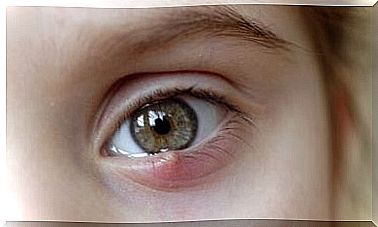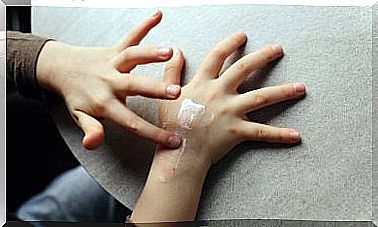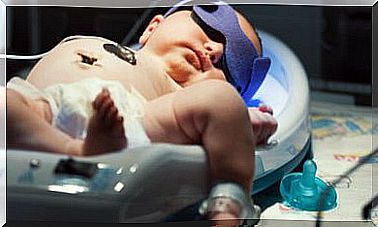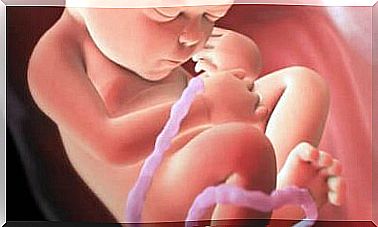Is It True That Teens Abuse Energy Drinks?
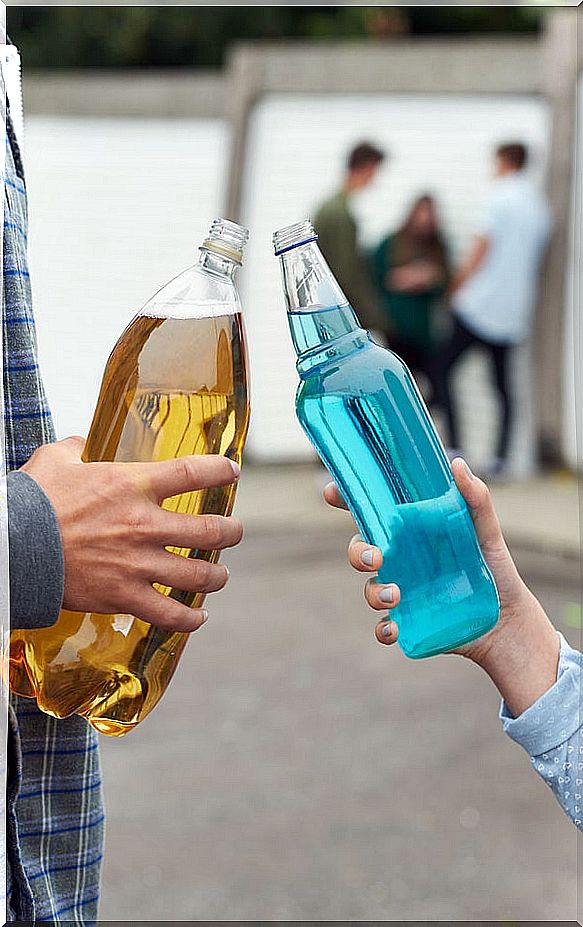
Today, teenagers unfortunately abuse the energy drinks that have become fashionable. This fact has parents and nutritionists very concerned. The boys have taken a liking to the effects that these produce in their body. They are supposed to give you an extra boost, stimulate your metabolism and increase your physical endurance.
The marketing and distribution of these drinks is free in many places. They are promoted by numerous advertising campaigns that guarantee their success in the market. Such popularity among the youngest has already raised the concern of professionals and parents in some countries. According to the European Food Safety Agency (EFSA), more than half of today’s consumers are young. Even children under the age of ten try or take them occasionally, which could increase their consumption even more in the future.
Normally, adolescents who abuse them consume up to 7 liters per month. This consumption increases during exam time, during sports practices, competitions or at parties. The problem with energy drinks does not lie in their occasional consumption, but in excess. Their intake that is becoming more and more common, especially mixing them with alcohol.
What does an energy drink contain
Energy drinks are capable of providing vigor to the body. They are characterized by their combination of ingredients with stimulating effects. Among them, high doses of sugars and caffeine stand out. Among the vitamins, amino acids, minerals, and herbal extracts commonly used to prepare them are:
- Caffeine: It is known for its potential to invigorate the body and mind with its stimulating effect, in addition to creating a state of alert for the body. Its moderate consumption (from 200 mg to 400 mg daily) does not have to have consequences. In fact, a cup a day provides good amounts of antioxidants.
- Taurine: It is an amino acid that helps neurological development and participates in the regulation of water and mineral salts in the blood. Its ability to enhance physical performance makes it a popular ingredient in these drinks.
- Guarana: It is a fruit with a high caffeine content that is added to drinks to intensify the feeling of energy, in addition to reinforcing the ability to perform physical work.
- Gingseng: This is an herb that increases endurance and physical and mental performance.
Glucuronolactone or B vitamins such as Thiamine and Cobalamin are also present. They help mental functions. Another widely used ingredient is carnitine, responsible for creating energy in cells.
Energy drinks and alcohol: a dangerous mix
One of the most damaging fashionable practices of young people is to combine alcohol with energy drinks. The sweet-tasting drink that results from mixing the two allows them to enjoy the party excitement for much longer.
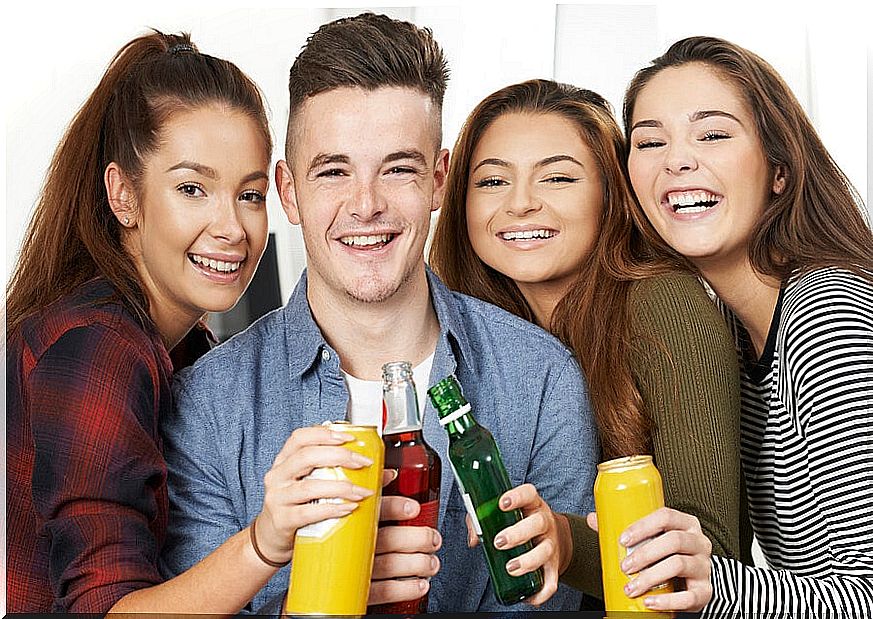
Alcohol consumption during adolescence already has consequences for the health and development of the capacities of any individual. Even knowing the risks, young people drink in most cases out of rebellion or social pressure, spaces and situations that favor the preparation of these harmful mixtures.
By combining energy drinks and alcoholic drinks they get to ingest more alcohol. By not feeling the effects of excess alcohol on the body, young people are confident and continue to drink even beyond their means. At this point, the risks are served. That is, suffering from severe poisoning to ethyl comas and even heart attacks, due to the potentiating effect of the harmfulness of the mixture on the heart.
Teens abuse energy drinks and ignore their consequences
Its occasional consumption is not a threat to health. But, when adolescents abuse energy drinks, it is not necessarily due to ignorance of their effects. The high content of sugars and stimulants such as caffeine in these products become harmful when they exceed the recommended amount.
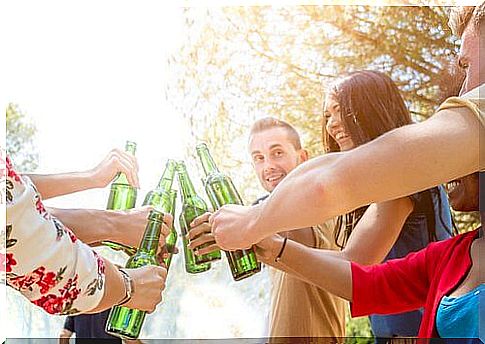
The most affected is the heart, since these drinks can cause tachycardia, arrhythmia or increase in blood pressure. Among the milder effects, they would be: headache, nervousness, nausea or vomiting. In addition, in some cases, the young person may experience a certain dependence on mood that results from consuming these unhealthy mixtures.
Energy drinks are safe when consumed in moderation, they are part of a healthy diet, including the amount of caffeine consumed daily. You should avoid consuming them as a hydrating drink when you have not done any physical activity, before dinner and mixed with alcohol and drugs.
The education of young people is essential to prevent them from abusing energy drinks. Awareness about the consequences of excessive consumption of these is decisive to prevent damage to health that can become irreversible.
